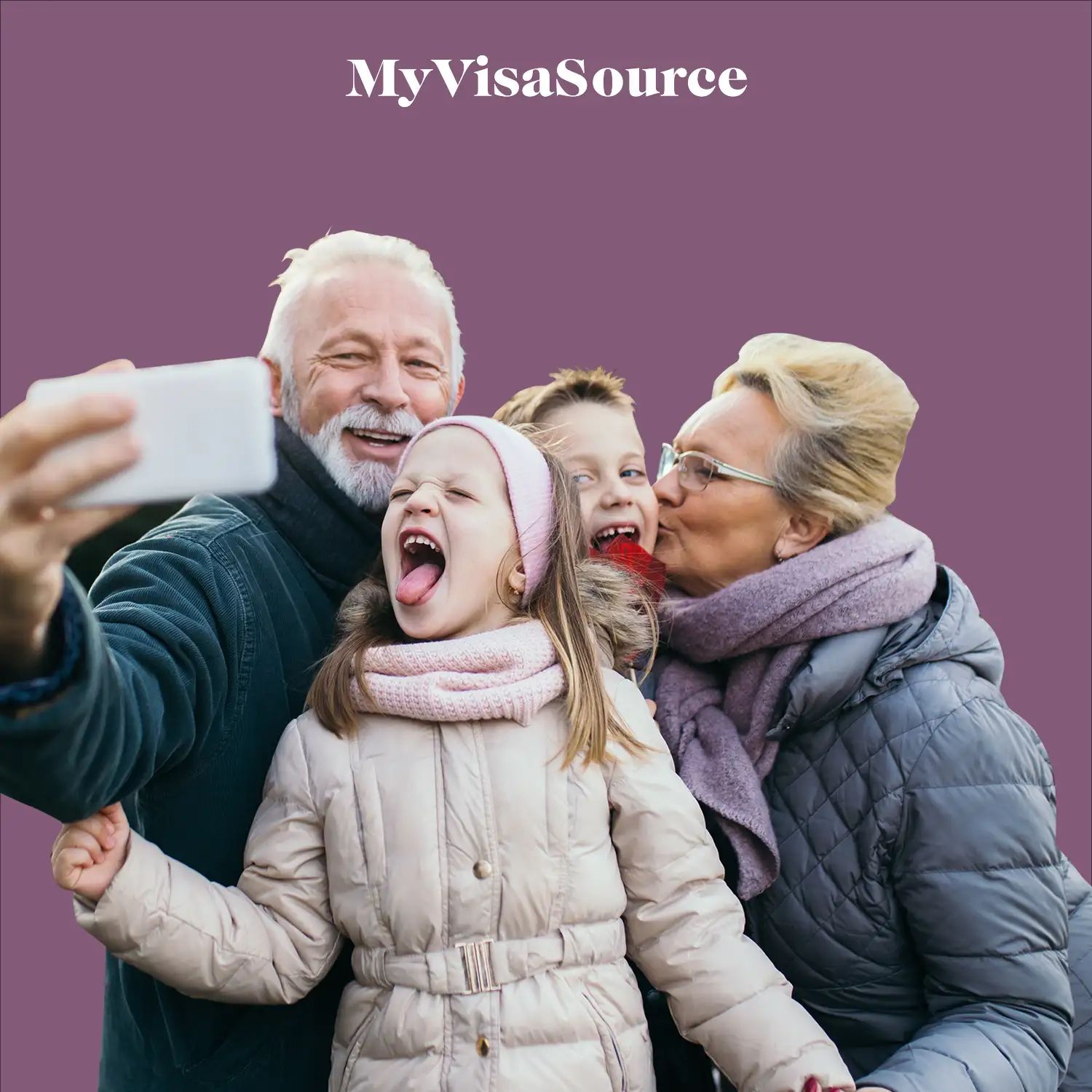Canadian temporary Visitor visas, called a super visa are for parents and grandparents. They help families stay in touch by allowing loved ones to visit Canada without having to worry about rushing back home. Similar to most other Canadian visa programs, a laundry list of requirements must be satisfied to earn the privilege of an extended-stay visa. Make sure you understand all the processes, such as the new eTA requirements, in order to avoid unexpected problems or delays.
Eligibility Requirements
For this particular visa program, you have to be the grandparent or the parent of a permanent resident or a citizen of Canada. A variety of factors will be considered before the government grants the visa, including your financial situation, your ties to your home country, the reason for your visit, and other issues.
Before you’re accepted into the program, you will undergo a medical test to prove that you don’t have any communicable health issues. A visa officer may also decide to deny a parent or grandparent a visa if a discovered health issue isn’t covered by your medical insurance, which must be sufficient to pay for health problems that you might encounter over the course of at least a year.
In addition to health coverage, you must submit a letter that proves your child or grandchild is able to financially support you.
All of the above are basic super visa income requirements for this type of visa. However, there are other issues that might end up derailing the process, applicable to all visa applicants.
Low Income Cut-Off
In terms of financial support, the Immigration, Refugees and Citizenship Canada (IRCC) has outlined the minimum income for families before they’ll be considered for the parent and grandparent visa. If you plan to travel alone to visit a single child, she or he requires a minimum income of $30,286. For a four-person family, the minimum LICO will be $45,206, while a seven-person family will require a yearly income of at least $64,381. For each member of a family above seven persons, the minimum income requirement rises by $6,555.
Reasons For Inadmissibility
There are a variety of reasons why the Canadian government may disallow your visit on grounds of inadmissibility. According to the IRCC website, you may be denied entry if:
- You're considered a security risk.
- You've been convicted of a crime outside of Canada, or have committed an act that would be considered a crime in Canada.
- You contravened international or human rights and laws.
- You're found to have a serious health issue that would burden the medical system or threaten the health of others within Canada.
- You're found to have links to organized crime.
- You lied during the application process, including paperwork and interviews.
- A family member is considered inadmissible.
- You're found to have serious financial problems.
If, for any reason, you’re considered to be inadmissible, the rest of your application will not matter. Before you continue the process to obtain a grandparent or parent visa, you’ll have to clear up the issue with the Canadian government.



















